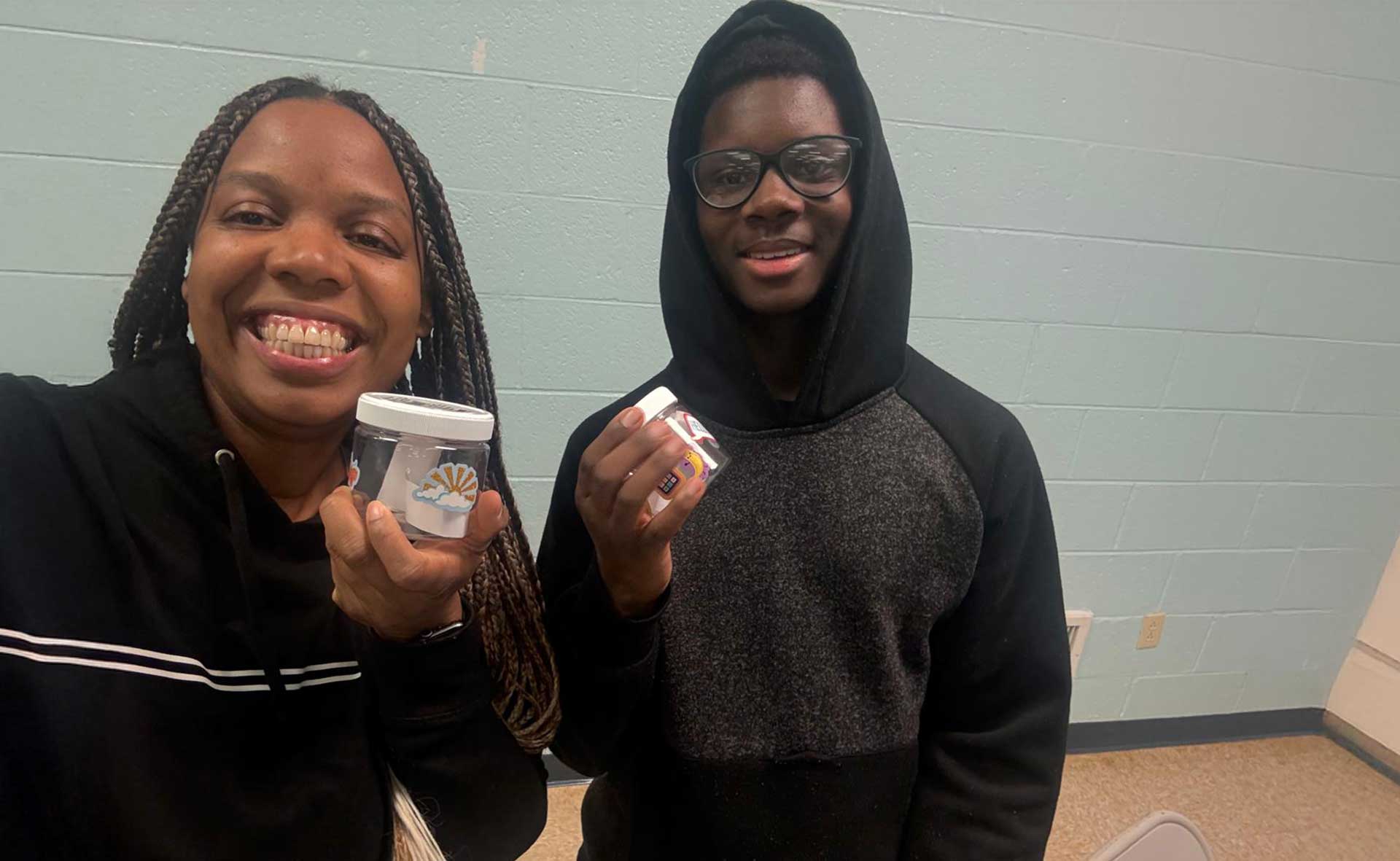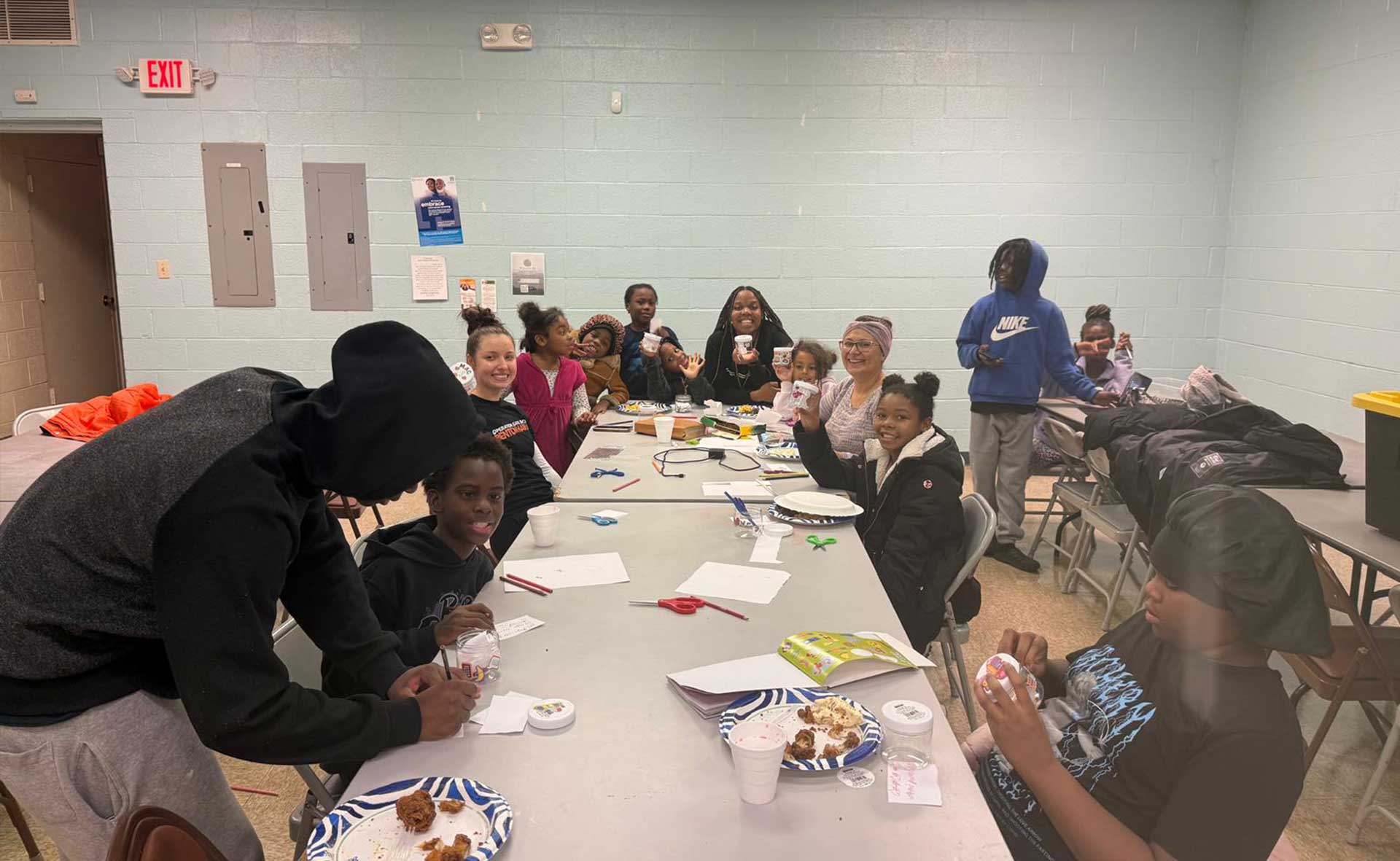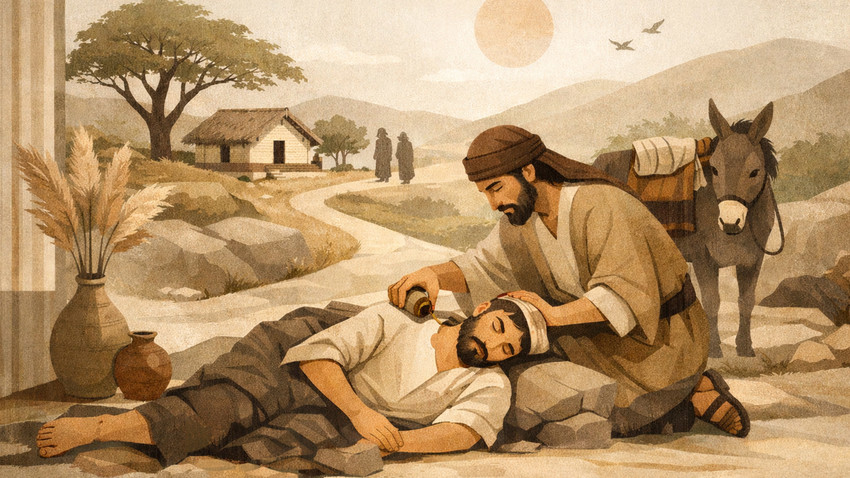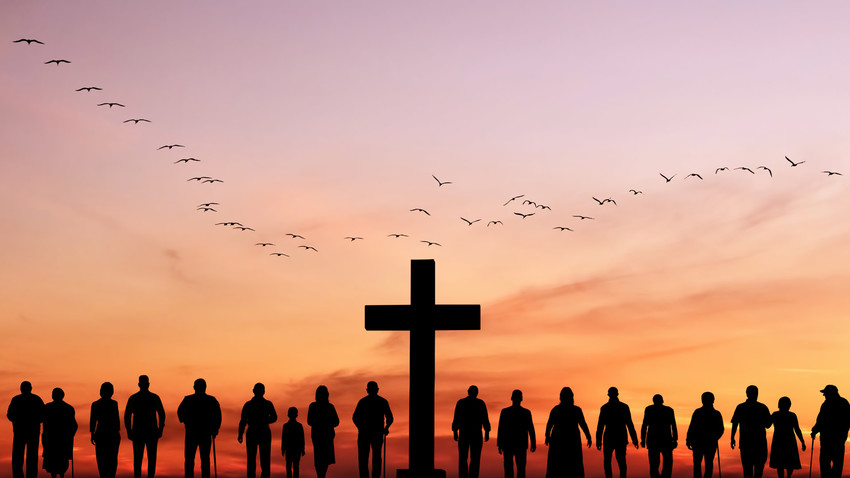It seems to be a trend these days. If you've been following the blog over the past few weeks, you've probably noticed that the inspiration comes from the wonderful changes in nature. Walking the streets of Berrien Springs and the surrounding roads around Andrews has been a recent reminder of the immense beauty that still exists—even in a fallen and polluted world.
Jesus' direct interactions with nature are numerous in the biblical record. To begin with, He often used everyday events or situations in nature to teach spiritual truths (like the "mustard seed" in Matthew 13:31–32, the "birds" in Matthew 6:26, or the "signs of the times" in Matthew 16:2–3). Sometimes His illustrations were simply invitations to reflect, as in the case of the "lilies" in Matthew 6:28–30.
But there were also those moments when Jesus altered nature in extraordinary ways. One example is when He "rebukes the storm" and the winds and waves "obey" Him (Matthew 8:23–27). In a similar situation on the lake, Jesus "walks on the water" (Matthew 14:22–33) and even enables Peter to walk on the water for a brief moment as well. I wonder about the mechanics of such a miracle—did He make the water denser, did a school of fish support them from below, or did He grant the human body a momentary ability to levitate? We don't know. But we are certain that they walked on water, and that something happened to cause Peter to sink—leading Jesus, after rescuing him, to say: "O you of little faith, why did you doubt?"
Another moment, also involving a fish and also involving Peter, is when God sends a fish to Peter carrying the coin needed to pay their taxes (Matthew 17:24–27).
These interactions become increasingly fascinating—sometimes unexpected, and in some cases difficult to fully understand.
One such example is what I want to share with you today. Looking at the streets and trees during this season here in Michigan reminded me of the event recorded in Matthew 21:18–22. It's true that in that Bible episode it was spring, not autumn like it is here now. But even then, some trees were just beginning to blossom, while one stood already in full bloom. Just as we see today—some trees yellow, others orange, some already bare, and a few still clinging to their evergreen foliage—there's a clear difference among them.
And what Jesus does in that moment really captures my attention. He goes to the fig tree looking for fruit, and finding none, He curses it, and the fig tree withers. Doesn't this action of Jesus seem strange to you? Ellen White writes, "Christ's act in cursing the fig tree had astonished the disciples. It seemed to them unlike His ways and works. Often they had heard Him declare that He came not to condemn the world, but that the world through Him might be saved. They remembered His words, 'The Son of man is not come to destroy men's lives, but to save them.' Luke 9:56. His wonderful works had been done to restore, never to destroy. The disciples had known Him only as the Restorer, the Healer. This act stood alone. What was its purpose? they questioned." (DA, 582.2)
This action surely startled the disciples, leaving them perplexed by such an unusual reaction. Clearly, there were things they did not yet understand about Jesus' ministry and about the events they were soon to face. Jesus was preparing them—teaching them something essential.
The disciples asked how the fig tree could have withered so quickly, and Jesus answered, "If you have faith…" (Matthew 21:21), opening a new and important topic about "faith" and what "we ask of God in prayer" (Matthew 21:21–22). But returning to the withered fig tree—and the other fig trees blossoming around it—was there another lesson, another warning, that Jesus wanted His disciples to grasp? What does it mean that this fig tree would never bear fruit again—not just for that season or that year, but permanently?
The answer lies in the earliest verses of the story: Jesus went to the tree looking for fruit, the very reason it had been created—"to bear fruit"—and this tree had none. It appeared promising: its blossoms, foliage, and vibrant leaves suggested that fruit should be there. But in reality, it produced nothing.
Ellen White recognizes that this warning is for us as well: "The warning is for all time. Christ's act in cursing the tree which His own power had created stands as a warning to all churches and to all Christians. No one can live the law of God without ministering to others. But there are many who do not live out Christ's merciful, unselfish life. Some who think themselves excellent Christians do not understand what constitutes service for God. They plan and study to please themselves. They act only in reference to self. Time is of value to them only as they can gather for themselves. In all the affairs of life this is their object. Not for others but for themselves do they minister. God created them to live in a world where unselfish service must be performed. He designed them to help their fellow men in every possible way. But self is so large that they cannot see anything else. They are not in touch with humanity. Those who thus live for self are like the fig tree, which made every pretension but was fruitless. They observe the forms of worship, but without repentance or faith. In their profession, they honor the law of God, but obedience is lacking. They say, but do not. In the sentence pronounced on the fig tree Christ demonstrates how hateful in His eyes is this vain pretense. He declares that the open sinner is less guilty than is he who professes to serve God, but who bears no fruit to His glory." (DA 584.1)
May our lives fulfill God's purpose for each of us—serving, loving, giving, providing, helping, and extending ourselves to those who need us by their side.











